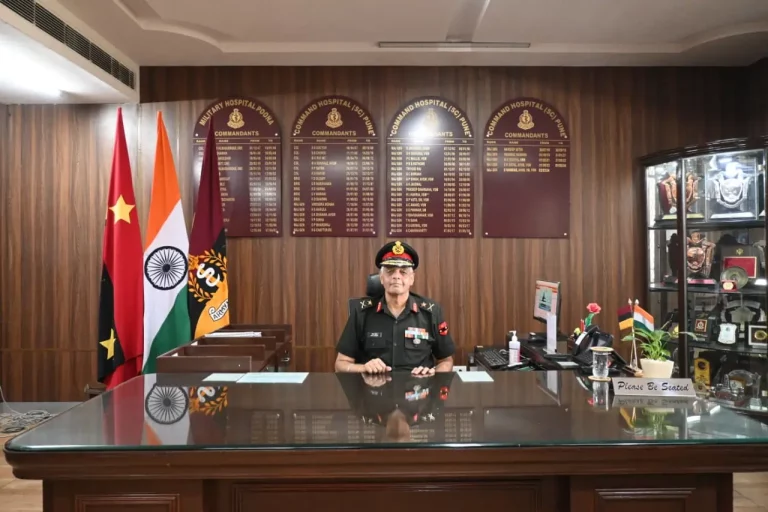Minal Ahmed Khan, a Pakistani national, was deported from India on Tuesday after the revocation of her visa. This deportation occurred via the Wagah-Attari border and is part of a broader crackdown on Pakistani nationals in the wake of a devastating terror attack in Pahalgam, Jammu and Kashmir, on April 22, which resulted in the deaths of 26 individuals.
Minal, who entered India on a 15-day short-term visa in March 2025, had married Munir Khan, a soldier with the Central Reserve Police Force (CRPF) and a resident of Gharota, Jammu, in an online ceremony in May 2024. Although their official marriage was registered during her stay, her visa expired in March, and an extension request was still pending with the Ministry of Home Affairs at the time of her deportation. Following the Pahalgam attack, the Indian government enacted a strict policy, revoking all visas for Pakistani nationals—except in specific cases—and mandated their departure by April 29.
Minal’s deportation saw her escorted by her husband and family from Jammu to the Wagah border, where she was transferred to Pakistani officials. This action forms part of India’s increased measures to address rising tensions with Pakistan, which have escalated with the suspension of the Indus Waters Treaty and a diplomatic downgrade amid accusations of Pakistan’s involvement in terrorist activities.
In the wake of the deportation, discussions on social media platform X revealed significant public concern over national security, particularly regarding marriages between Indian citizens and Pakistani nationals. Many users voiced worries about potential loopholes in the system. The emotional farewells at the border included scenes of distress among families, with Minal’s loved ones visibly upset at the separation.
In addition to Minal, the deportation process also encompasses around 60 other Pakistani nationals in Jammu and Kashmir. However, a Jammu court has temporarily halted the deportation of nine individuals from Pakistan-occupied Jammu and Kashmir, highlighting the complexities surrounding the legal proceedings involved in these cases.







